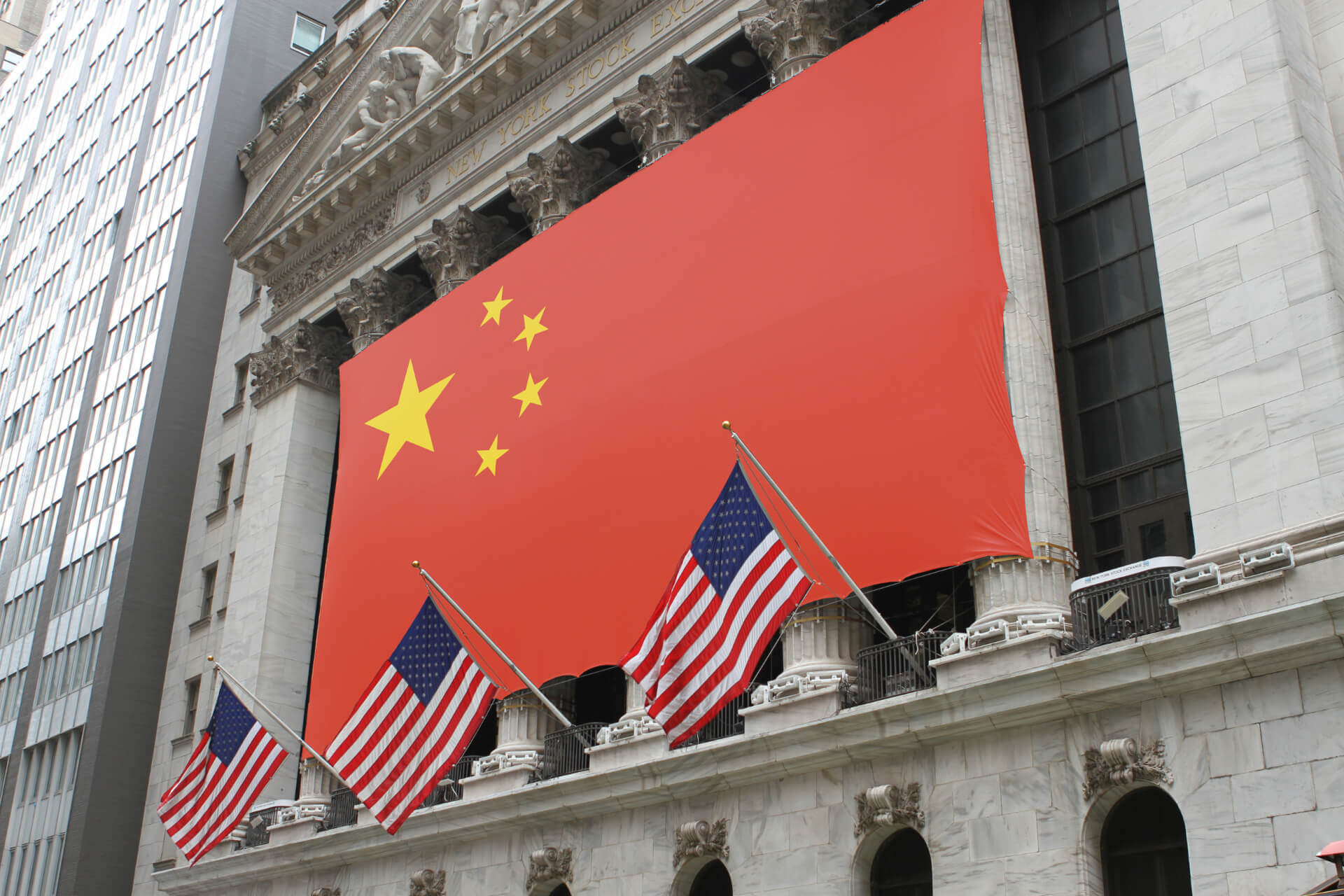Regulators from the United States (US) and China reached an audit agreement that has nearly halved the risk of Chinese stocks being delisted from US exchanges, Goldman Sachs said in a report on Monday.
Announcing the move on Friday, the China Securities Regulatory Commission (CSRC), the Chinese Ministry of Finance, and the US’ Public Company Accounting Oversight Board (PCAOB) said that they had agreed “to resolve issues concerning audit oversight cooperation.”
Following the agreement’s signing, PCAOB Chair Erica Y. Williams released a statement on Friday saying that the signing marked “the first step toward opening access for the PCAOB to inspect and investigate completely registered public accounting firms in mainland China and Hong Kong.”
She added that the agreement “grants the PCAOB complete access to the audit work papers, audit personnel, and other information” needed “to inspect and investigate any firm… with no loopholes and no exceptions.”
She cautioned, however, that “the real test will be whether the words agreed to on paper translate into complete access in practice.”
The official further announced that a PCAOB inspection team will “be on the ground by mid-September” so that the agreement could be put to test. The team is expected to make a determination by December on whether the Asian giant was obstructing access to audit information.
From US side: PCAOB Signs Agreement with Chinese Authorities, Taking First Step Toward Complete Access for PCAOB to Select, Inspect and Investigate in #China pic.twitter.com/C5e93jXcQ2
— Eunice Yoon (@onlyyoontv) August 26, 2022
Meanwhile, the CSRC explained on the same day that “The agreement establishes a framework for regulators from both countries to carry out regulatory cooperation in inspecting and investigating audit firms within their jurisdiction in accordance with applicable laws.” It added that it had operated “in line with common practices in global capital markets” and based on “the foundation for reciprocal and efficient cooperation” between the two countries, and complied with domestic laws and regulatory requirements.
It nevertheless noted that the cooperation agreement “will help improve audit quality, protect investors, and build a benign regulatory environment for companies to list on overseas markets in accordance with laws and regulations.”
Both statements refrained from providing additional details of their collaboration.
Goldman analysts said Monday that their model suggested that “the market may be pricing in around 50% probability” that Chinese companies could be delisted from the US. The forecast is down from 95% in mid-March, which was the record highest since January 2020.
#China and the #US signed an #audit oversight #cooperation agreement on Friday and will advance this cooperation in the near future.https://t.co/Jo3g36sYmN pic.twitter.com/llcXVGfSVD
— Chinese Consulate General in New York (@ChinaCG_NYC) August 26, 2022
The absence of such an agreement would have potentially forced some of China’s largest companies—such as Alibaba, Baidu, Tencent, and Yum China—to leave American stock exchanges from 2024. Wall Street executives have been strongly opposed to such a move, as China-based companies account for $1.3 trillion in market value, and their removal could result in shares plunging by 13%. Their removal would also have been a significant blow to China.
On the flip side, the prevention of their delisting could respectively increase ADRs (securities that represent shares of foreign companies that are held by a US depositary bank outside the US) and MSCI China (an index of large and mid-cap China securities listed on the Shanghai and Shenzhen exchanges) 11% and 5%, the report said. There are currently more than 200 Chinese companies listed on American stock exchanges and more than 30 accounting firms in China are registered with the PCAOB.
While much uncertainty remains, Goldman Sachs’ Kinger Lau said that the agreement was “no doubt a regulatory breakthrough” between the two rivals. Voicing optimism about the deal, KraneShares Chief Investment Officer Brendan Ahern said that “Ultimately the Hong Kong listing along with the US listing allows companies to increase their market capitalization.” He added, “It allows them to have their cake and eat it too. I think it’s more of a net positive that the companies can be in the US, the largest capital market in the world, but also be listed in their backyard.”

